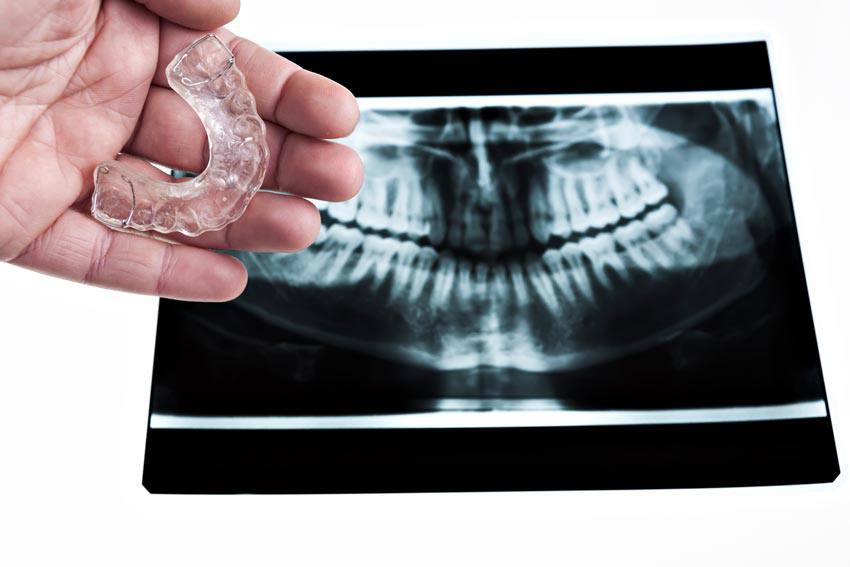Why travellers prefer Blue Cross
- Canada's #1 travel insurance brand and recognized worldwide
- Over 75 years of expertise in insurance
- $5 million travel insurance coverage, with or without deductible
- Flexible and affordable travel insurance solutions
- Free quote available online
- Travel assistance available 24/7 for any emergency, anywhere you travel

Oral health: Do you grind your teeth?
Published on: October 1, 2016
Many people grind their teeth without even noticing it – until they experience jaw tightness and discomfort.
Everyone is busy. With everything that is going on, it’s easy for people to feel the stress of everyday life. You have deadlines to meet, you need to get the kids to school and then to soccer practice, figure out what to make for dinner and maintain your household.
“Since we tend to hold tension in our neck and jaw, continual anxiety can cause us to grind our teeth when we sleep. Dentists call this condition bruxism, and it can range from mildly annoying to seriously damaging. It’s actually pretty common: 10 to 20 percent of adults deal with it,” says Macaela Mackenzie on Women’s Health.
Signs that you are grinding your teeth
Some of the telltale signs that you may be a grinder:
- You teeth appear flattened
- You have tooth sensitivity
- You commonly experience jaw soreness or tightness
- You frequently clench your jaw
- You experience headaches
- You chew the inside of your cheek
Teeth grinding is common among children and adults alike, and adults can develop the habit later in life. While many people grind their teeth at night, others do so during the day without even realizing they are doing it.
Common causes of teeth grinding
There can be many reasons why you grind your teeth. Here are some of the causes listed by the Mayo Clinic:
- Anxiety and stress
- Aggressive personality
- Sleep issues
- Medication side effects
- A coping mechanism
- Misalignment of the upper and lower jaws
Treatment options
For many, treatment is not required. Children tend to grow out of the habit, and some adults can correct the issue by making a conscious effort to become aware of it.
Depending on how damaged your teeth are, there are two standard dental options:
-
A mouthguard: A mouthguard is designed to prevent your teeth from touching and grinding. Most mouthguards are worn at night and they can be constructed to fit your mouth.
-
Corrective surgery: This is common when people have teeth that are not properly aligned or when grinding has caused severe damage to the teeth.
Other options include stress management and behavioural therapy if your teeth grinding is believed to be caused by stress.